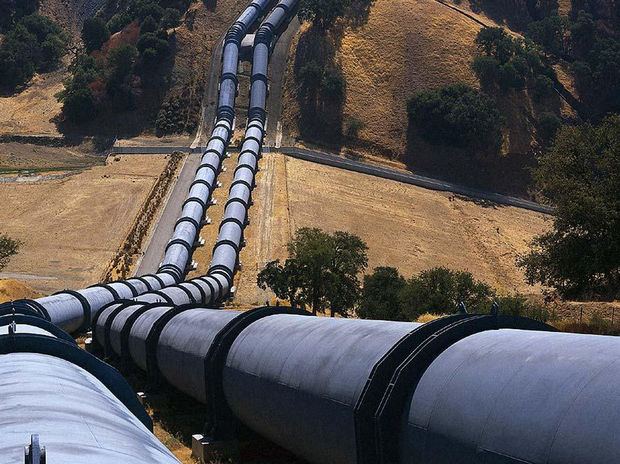BAKU, Azerbaijan, June 2. Russia will be unable to fully offset oil embargo with exports to non-EU countries, Trend reports with reference to Capital Economics, the UK-based research and consulting company.
After weeks of intense negotiation, the EU eventually agreed to impose an embargo on seaborne imports of Russian crude and petroleum products that will likely result in a 90 percent fall in Russian oil exports to the EU by year-end.
“This affects half of Russia’s total oil exports that last year amounted to around $80bn. We think Russia will be unable to fully offset this with exports to non-EU countries. Buyers in China and India have reportedly stepped up purchases of Russian oil (tempted by the juicy $35pb discount). But redirecting large amounts of oil from the EU to Asia will be difficult as some buyers may not have the capacity or the refinery capabilities. Other measures, including a UK and EU ban on providing insurance and other services to ships carrying Russian oil, could also have a large impact by making it more difficult to purchase Russian oil,” reads the latest report from Capital Economics.
The company experts believe that overall, the embargo will be painful for Russia, but it won’t be a disaster.
“While half of oil export volumes may be lost, the other half won’t and in the meantime Russia will benefit enormously from skyhigh energy prices. We think oil export revenues will be broadly similar this year to 2021 (at $180bn) and that gas export revenues will treble from $63bn to $187bn. Sanctions will have a bigger impact next year once Russia is cut out of European markets. As for the rest of the region, the embargo will have little impact as the countries most dependent on Russian oil – Hungary, Slovakia and Czechia – have been given exemptions to continue importing oil via pipelines. There will be a cost involved in updating infrastructure but this transition will take time so should not cause major short-term disruption.”
---
Follow the author on Twitter: @Lyaman_Zeyn







